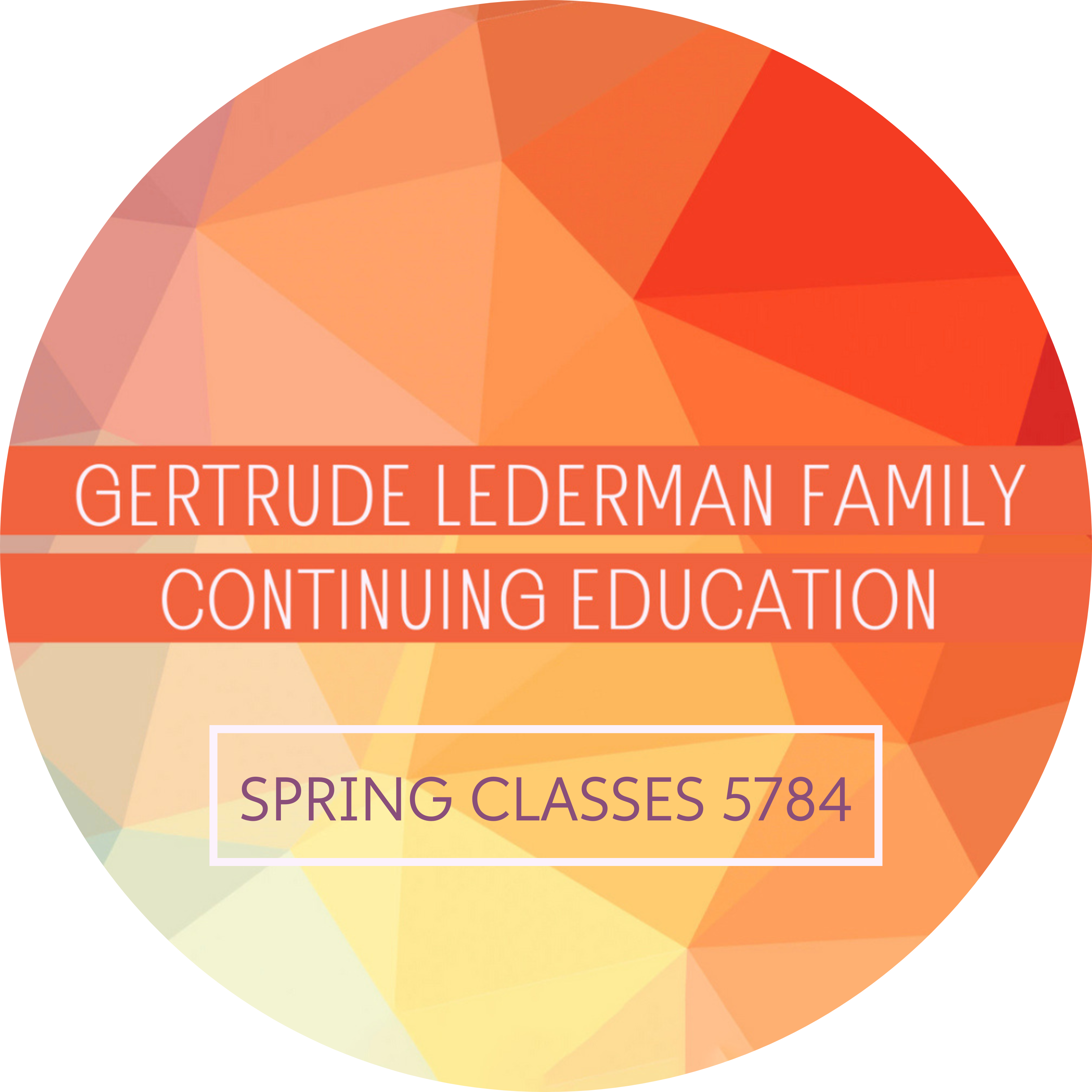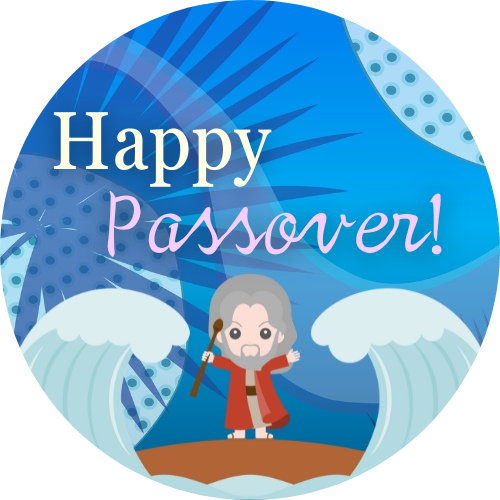Service Times
Morning Minyan
Sundays – 8:45 am (In-Person & Zoom)
Mondays – Fridays – 7:30 am (In-Person & Zoom)
Evening Minyan
Sundays – Thursdays 7:30 pm (In-Person & Zoom)
Shabbat
Friday Kabbalat Shabbat – 6:00 pm (In-Person & Livestream)
Shabbat Morning Service – 9:00 am (In-Person & Livestream)
Shabbat Mincha, Havdalah/Ma’ariv (See Shabbat Times) (In-Person & Livestream).

 Important updates about Israel
Important updates about Israel





